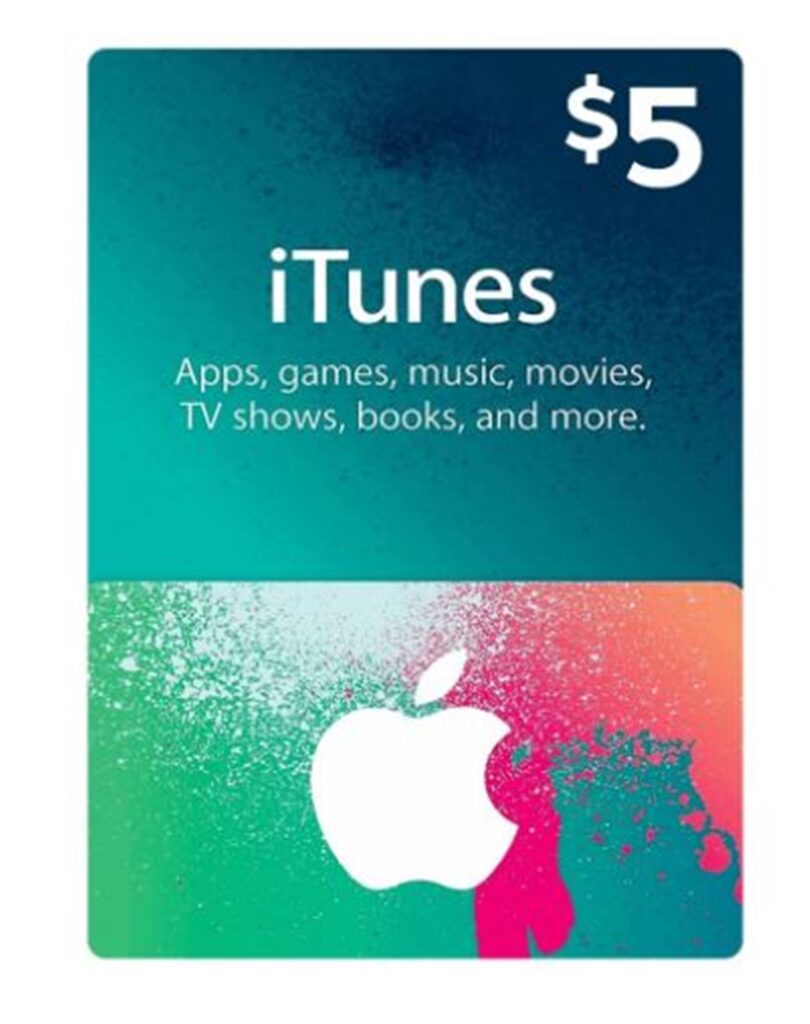Apple has finally agreed to settle a lawsuit that accused the Cupertino-based tech giant of knowingly letting scammers keep money stolen from iTunes gift cards. The case was filed in a federal court in San Jose, California, with the complainant claiming that people lost ‘hundreds of millions of dollars’.
According to CPTGroup, a US-based company that specialises in handling class action lawsuits, “the Parties to the Lawsuit have agreed to a $1.8 million settlement,” with the plaintiffs drafting a formal settlement request that will soon be presented to a US District Judge for preliminary approval.
What is the iTunes gift card scam?
The scam involves fraudsters calling random people to make payments over the phone and asking them to pay for things like hospital bills, bail money, utility bills, and taxes using iTunes gift cards, and Apple gift cards.
These gift cards can be purchased in the United States from places like electronic retailers, convenience stores or online. After the victim purchases a gift card, they are then asked to share the code on the back of the card with the scammer over the phone, despite Apple explicitly printing a warning that says ‘Do not share your code with anyone you do not know.’
An Apple support page states gift cards purchased on iTunes and App Store can only be used to buy goods and services directly from Apple, which includes Apple retail stores, official website, App Store, iTunes Store, and Apple Books and can be redeemed on services like Apple Music, Apple News+ and iCloud.
According to the complaint, Apple was aware of the iTunes gift card scam and would deposit only 70 per cent of the stolen funds to the fraudster’s account while keeping the rest 30 per cent as commission. The lawsuit covers anyone located in the United States who purchased gift cards from iTunes or the App Store between 2015 and July 31, 2020.
While Apple had asked a U.S. court to dismiss the lawsuit in June 2022 and disclaimed liability, the request was rejected with the plaintiffs claiming that Apple was aware of the scam but did nothing to reimburse even after they alerted the tech giant about it.
Credit: indianexpress.com

